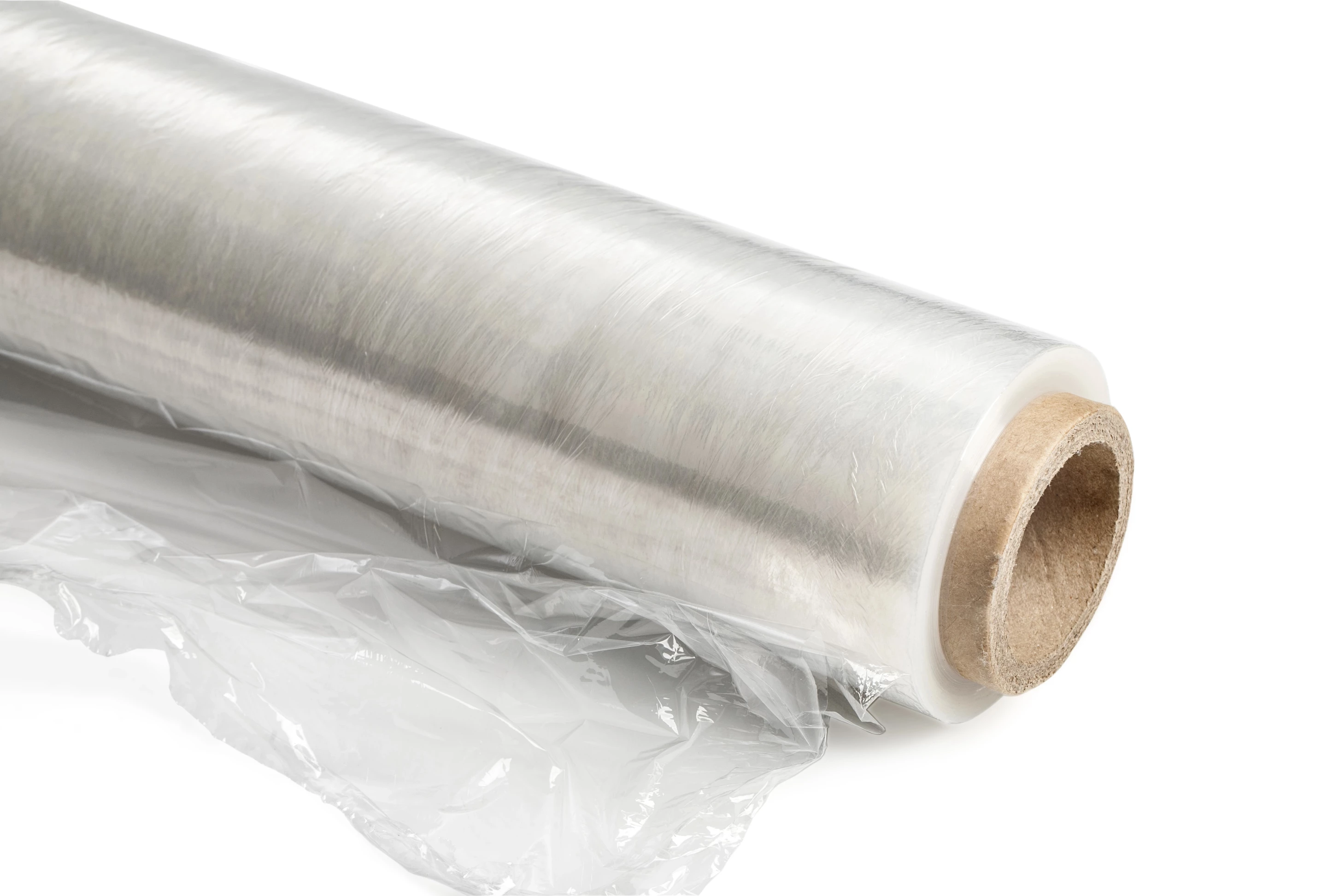Exposure to phthalates, a commonly used chemical in plastics, has been estimated to be the primary cause of one in 10 preterm births, according to a new study led by researchers from the New York University Grossman School of Medicine.
For around a century a group of chemicals called phthalates have been used in a variety of household products, primarily as a way to soften plastics. The chemicals have become so prevalent that almost every person in the Western world is likely to harbor some trace of the substance in their system.
Over recent years scientists have begun to associate phthalate exposure with poor health, from finding links to childhood cancer risk to decreases in fertility. One 2021 investigation estimated 100,000 premature deaths in the United States could be linked to phthalate exposure.
This new study, published in The Lancet Planetary Health, builds on a decade of research pointing to a link between preterm births and phthalates. Over 5,000 mothers were included in the investigation, with urine samples taken at three points during pregnancy. The research was looking at 20 different metabolite levels.
Unlike earlier studies looking at this association, this new research looked at a broad variety of different phthalates in the most diverse group of mothers investigated to date. This allowed the researchers to detect novel differences between types of phthalates.
The most commonly used phthalate, DEHP (di-2-ethylhexyl phthalate), was found to be significantly associated with preterm birth. Those mothers with the highest levels of DEHP in their urine were around 50% more likely to experience preterm birth compared to those with the lowest levels of DEHP.
Perhaps most concerning, however, was the finding that several chemicals recently used to replace DEHP were found to be linked with even higher rates of preterm birth. The researchers suggest increased rates of preterm births in the United States over the past decade correlate with the shift from DEHP to alternatives based on concerns over the safety of DEHP.
“The patterns of association suggest DEHP replacements to be driving the increase in preterm birth,” the researchers write in the study. “This finding is of great concern because DiNP, DiDP, and 1,2-cyclohexane dicarboxylic acid diisononyl ester are replacing DEHP in food packaging.”
Lead author on the study Leonardo Trasande says the findings should be a loud call to regulators. His study suggests there are safer manufacturing alternatives to phthalates but companies tend to avoid them due to higher costs. So companies end up slightly tweaking chemical compounds to avoid regulations targeting problematic chemicals.
“These results demonstrate the need to regulate phthalates as a class rather than trying to address them one at a time,” says Trasande. “Otherwise, investigators are likely going to find the same study results in another few years about the next group of chemicals used as replacements.”
The new study was published in the journal The Lancet Planetary Health.
Source: NYU Grossman




